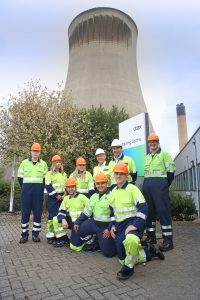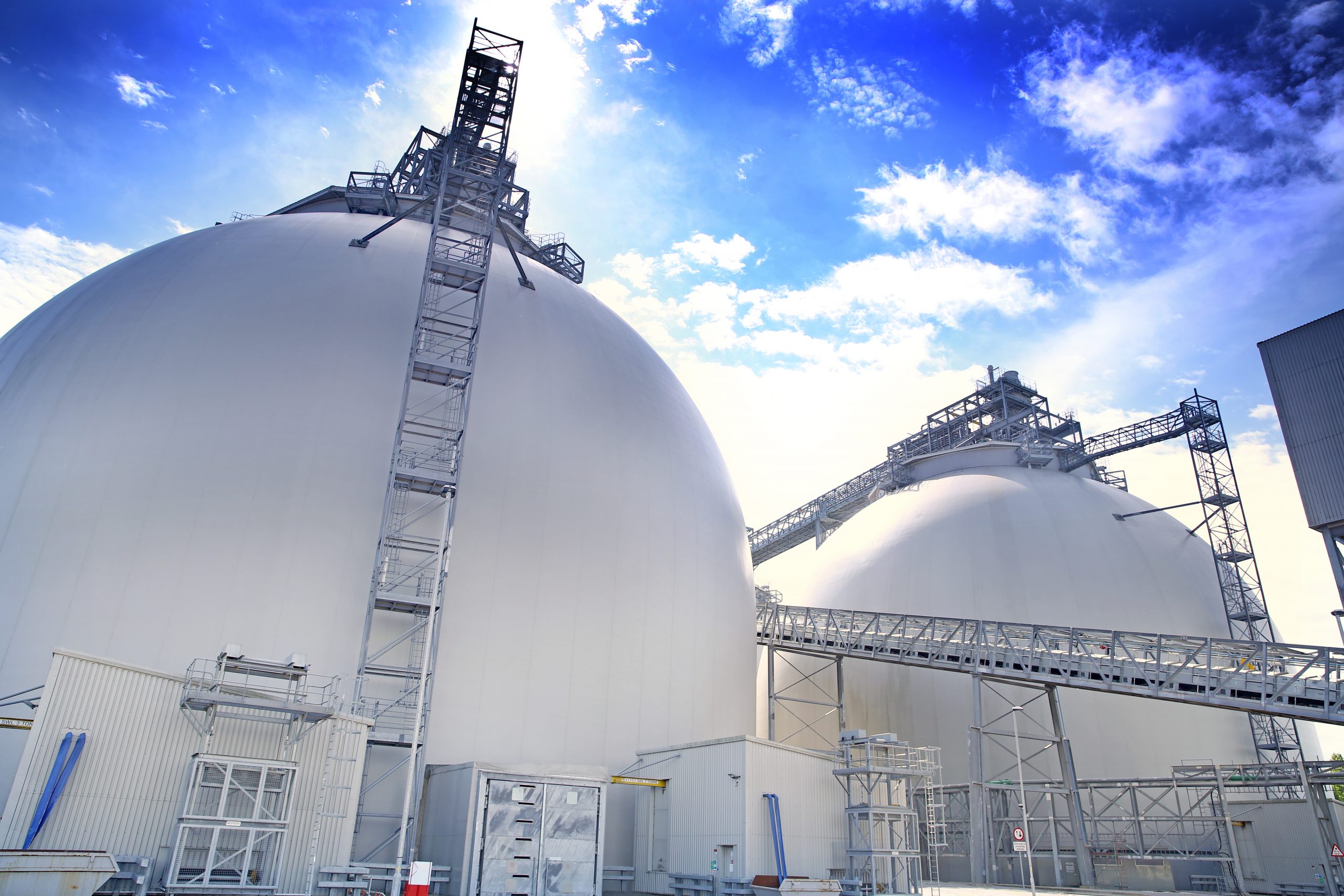
- Drax will showcase its multi-billion-pound innovative negative emissions technology, bioenergy with carbon capture and storage (BECCS).
- Drax recently announced an ambition to source 80% of construction materials and services for BECCS from within the UK.
- British businesses could benefit from BECCS at Drax with contracts worth hundreds of millions of pounds, creating thousands of jobs, levelling up the North and enabling the UK to build back better in a post Covid world.
Renewable energy giant Drax is one of just a dozen green companies selected to take part in the government’s Global Investment Summit next week.
The event, hosted by the Prime Minister and the Royal Family, will showcase the opportunities for investment in the UK, demonstrating the government’s commitment to building back better following the Covid-19 pandemic and delivering the Ten-Point-Plan set out last year.
Drax will showcase its multi-billion-pound innovative negative emissions technology, bioenergy with carbon capture and storage (BECCS), which permanently removes carbon dioxide from the atmosphere and will be needed for the UK to reach its climate targets cost effectively. BECCS will also play a vital role in decarbonising the UK’s industrial sector as part of the East Coast Cluster.
Will Gardiner, Drax Group CEO, said:
“The UK has a once in a generation opportunity to develop the innovative green technologies which will play a crucial role in tackling the climate crisis. Drax has already transformed itself from the biggest coal fired power station in Western Europe into one of Europe’s lowest carbon utilities and we are now pioneering vital negative emissions technology that will enable us to become the largest carbon capture in power project in the world.
“By leading on the development and introduction of bioenergy with carbon capture and storage (BECCS), the UK can kickstart a new global industry, delivering tens of thousands of jobs and supporting a new green economy. Drax stands ready to invest in this vital technology – work to build BECCS at Drax could get underway as soon as 2024, delivering for the UK economy and the climate.”
Minister for Investment Gerry Grimstone said:
“The Global Investment Summit will put UK innovation on the map and demonstrate how we can use investment to nurture technological developments and propel our economy towards a more prosperous, exciting future.
“Our showcase businesses shows why the UK is a global hub for green technology, and I am proud that Drax will be presenting their innovative bioenergy with carbon capture and storage (BECCS) technology to some of the world’s most high-profile investors at the summit.
“Our industries of the future like renewable energy will not only help ensure a cleaner, greener planet but also create high value jobs in Yorkshire and across the UK.”
As well as deploying BECCS at Drax, the renewable energy company is also exploring opportunities to deploy this vital negative emissions technology internationally, demonstrating climate leadership ahead of COP26 in Glasgow.
ENDS
Media contacts:
Ben Wicks
Media Manager
E: Ben.Wicks@Drax.com
T: 07761 525 662
Editor’s Notes
- Drax will be showcasing its innovative negative emissions technology bioenergy with carbon capture and storage (BECCS) at the Global Investment Summit.
- BECCS at Drax Power Station will deliver at least 8m tonnes of negative emissions a year – equivalent to 15% of the negative emissions the CCC says are required from BECCS in 2050 to hit the UK net zero target.
- This multi-billion-pound project will also protect and create over 10,000 jobs across the Humber, decarbonising one of the UK’s most carbon intensive regions, whilst developing green skills and kickstarting new industries.
- Drax aims for 80% of the materials and services needed for its BECCS plans to come from UK supply chain. This does not include the carbon capture technology to be delivered by Drax’s technology partner Mitsubishi Heavy Industries.
- Leading climate scientists at the UN’s IPCC and UK Climate Change Committee have said that the world cannot address the climate crisis without negative emissions from technologies like BECCS, which permanently remove carbon dioxide from the atmosphere.
- Work to build BECCS at Drax could get underway as soon as 2024, with the creation of thousands of jobs.
- Subject to the right regulatory support, the first BECCS unit could be operational in 2027, with the second commissioned in 2030, enabling Drax to achieve its world-leading ambition to be a carbon negative company by 2030.
- BECCS at Drax will save the UK £13 billion over the coming decade in meeting its climate goals according to an independent report by energy consultancy Baringa.
About Drax
Drax Group’s purpose is to enable a zero carbon, lower cost energy future and in 2019 announced a world-leading ambition to be carbon negative by 2030, using Bioenergy with Carbon Capture and Storage (BECCS) technology.
Its 3,400 employees operate across three principal areas of activity – electricity generation, electricity sales to business customers and compressed wood pellet production and supply to third parties.
For more information visit www.drax.com/uk
Power generation:
Drax owns and operates a portfolio of renewable electricity generation assets in England and Scotland. The assets include the UK’s largest power station, based at Selby, North Yorkshire, which supplies five percent of the country’s electricity needs.
Having converted Drax Power Station to use sustainable biomass instead of coal it has become the UK’s biggest renewable power generator and the largest decarbonisation project in Europe. It is also where Drax is piloting the groundbreaking negative emissions technology BECCS within its CCUS (Carbon Capture Utilisation and Storage) Incubation Area.
Its pumped storage, hydro and energy from waste assets in Scotland include Cruachan Power Station – a flexible pumped storage facility within the hollowed-out mountain Ben Cruachan.
Pellet production and supply:
Drax owns and has interests in 17 pellet mills in the US South and Western Canada which have the capacity to manufacture 4.9 million tonnes of compressed wood pellets (biomass) a year. The pellets are produced using materials sourced from sustainably managed working forests and are supplied to third party customers in Europe and Asia for the generation of renewable power.
Drax’s pellet mills supply around 30% of the biomass used at its own power station in North Yorkshire, England to generate flexible, renewable power for the UK’s homes and businesses.
Customers:
Drax is the largest supplier of renewable electricity to UK businesses, supplying 100% renewable electricity as standard to more than 370,000 sites through Drax and Opus Energy.
It offers a range of energy-related services including energy optimisation, as well as electric vehicle strategy and management.
To find out more go to the website www.energy.drax.com






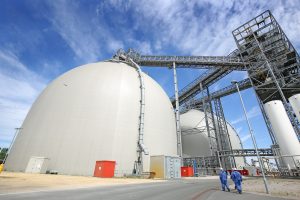

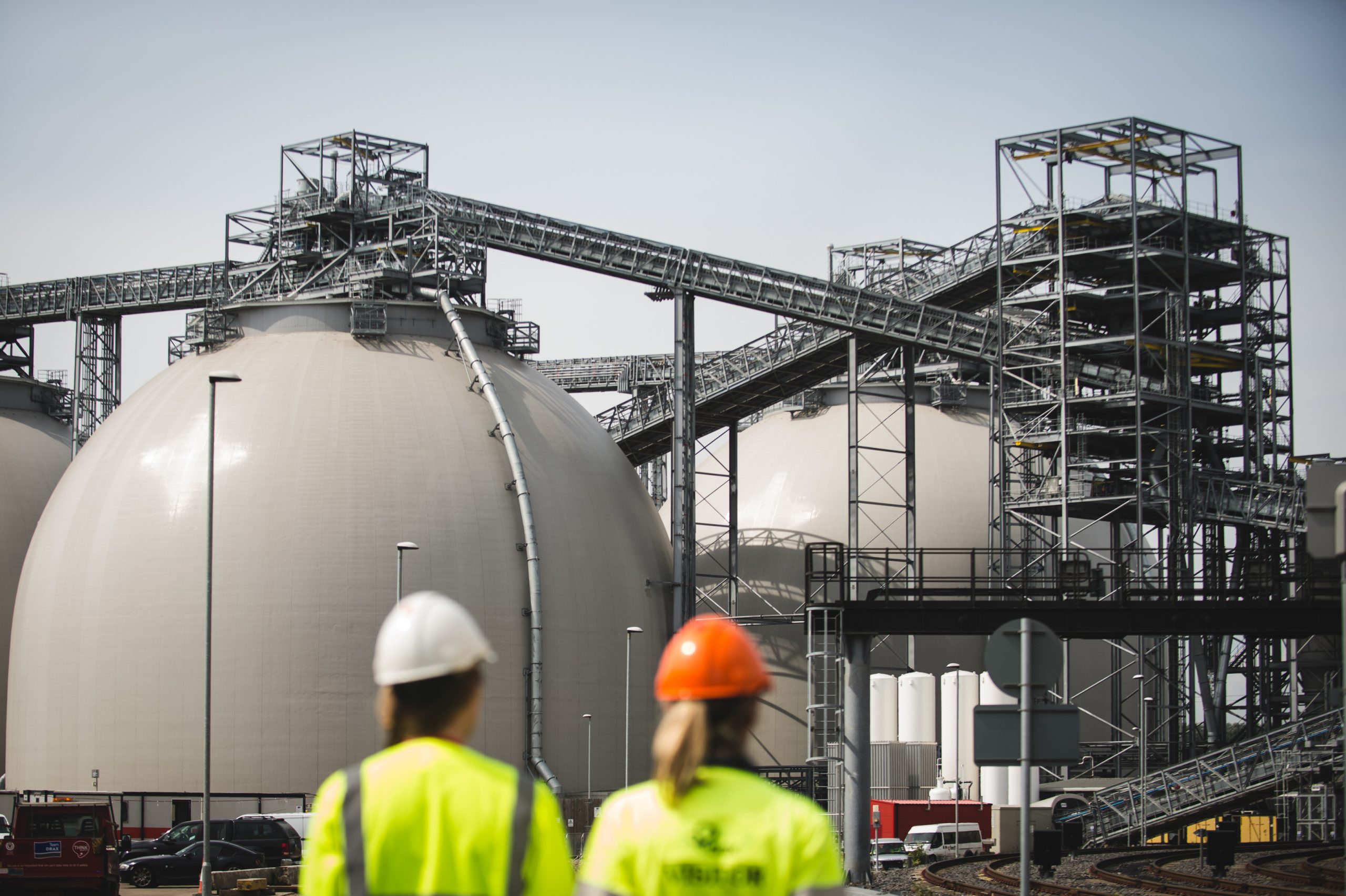
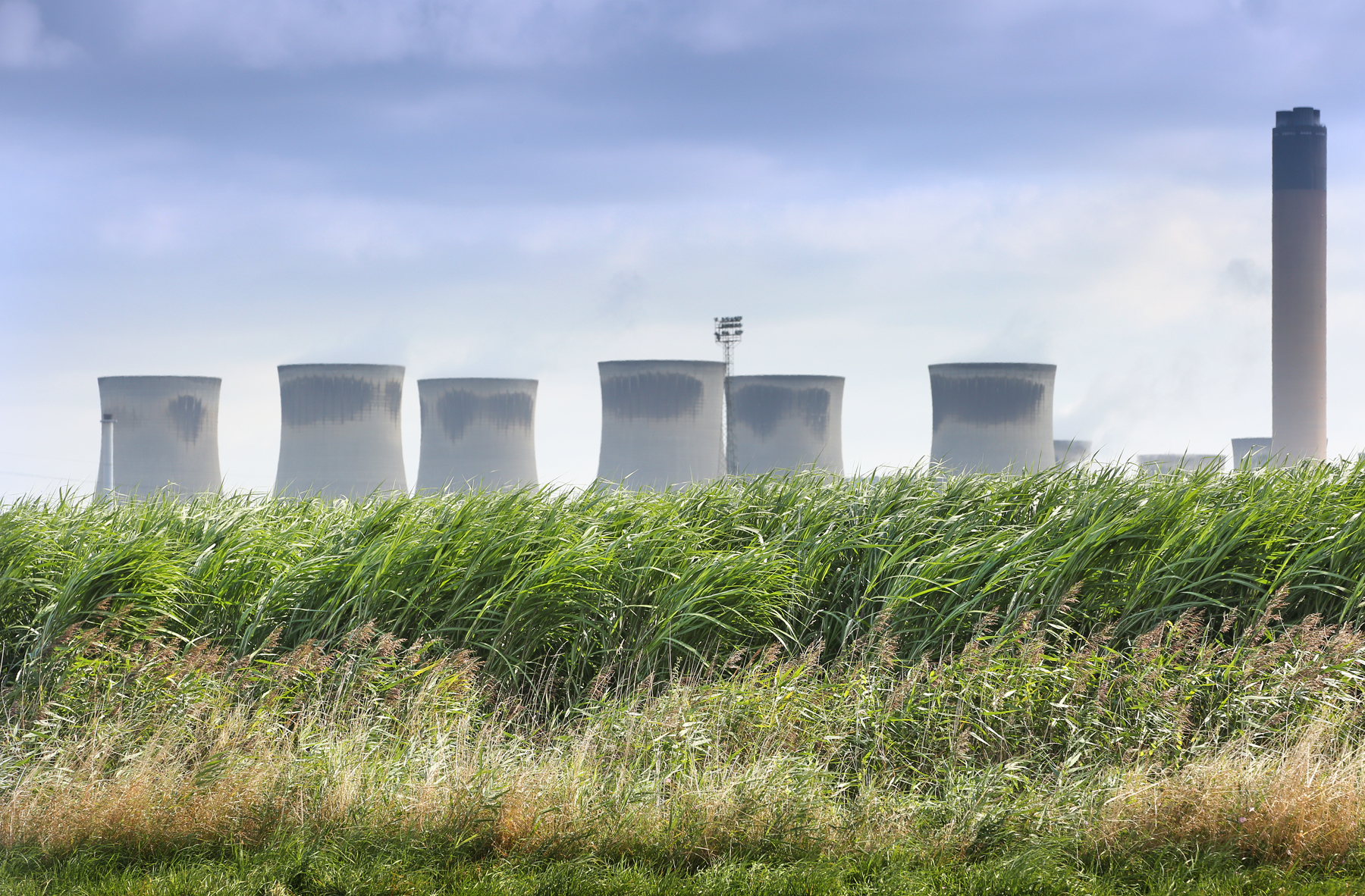
 World leader in sustainable bioenergy Drax Group has teamed up with the
World leader in sustainable bioenergy Drax Group has teamed up with the 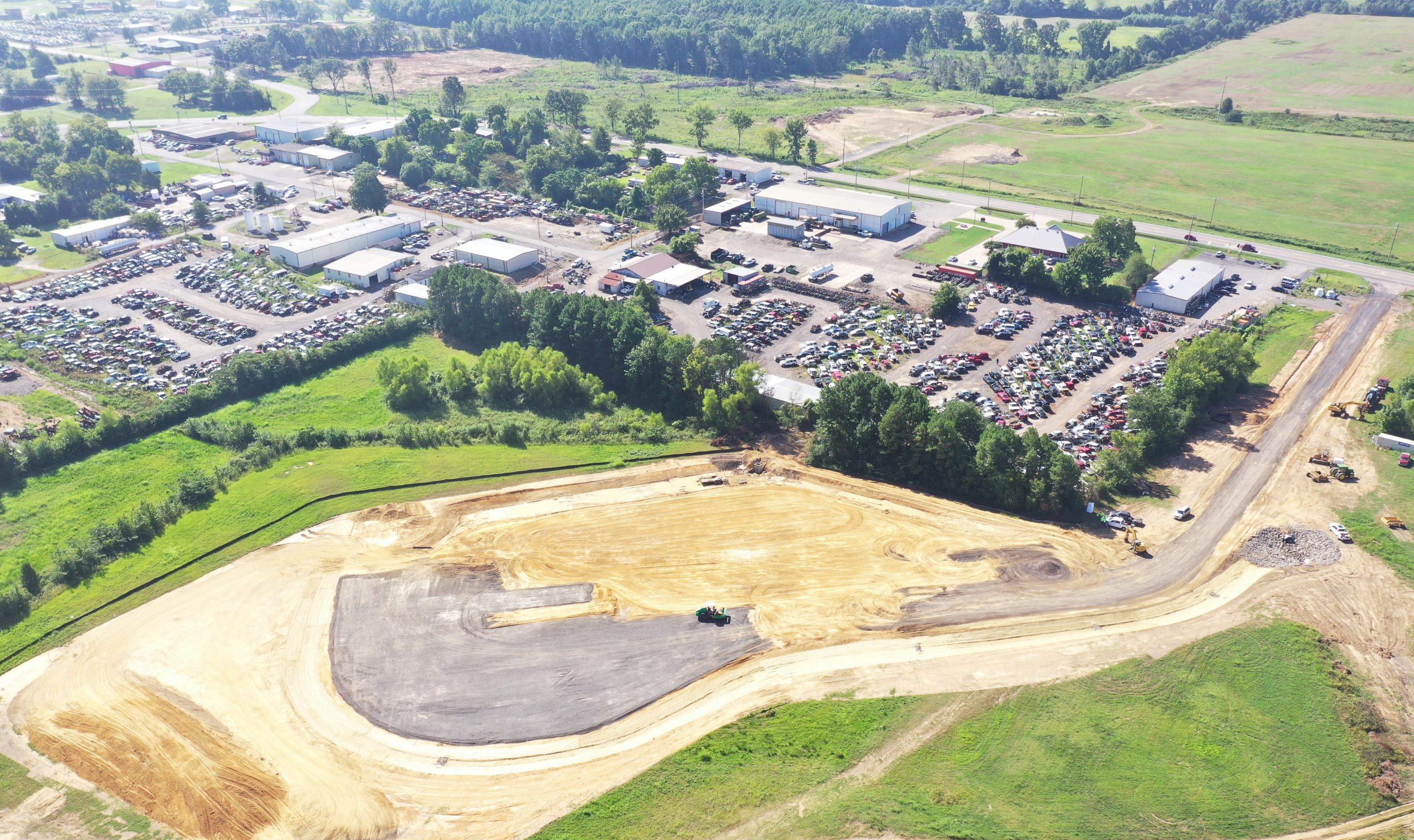

 With the rebrand, Drax aims to partner with its business customers to support them in achieving their sustainability goals, delivering innovative solutions which help them optimise their energy use, reduce carbon emissions, and minimise costs.
With the rebrand, Drax aims to partner with its business customers to support them in achieving their sustainability goals, delivering innovative solutions which help them optimise their energy use, reduce carbon emissions, and minimise costs.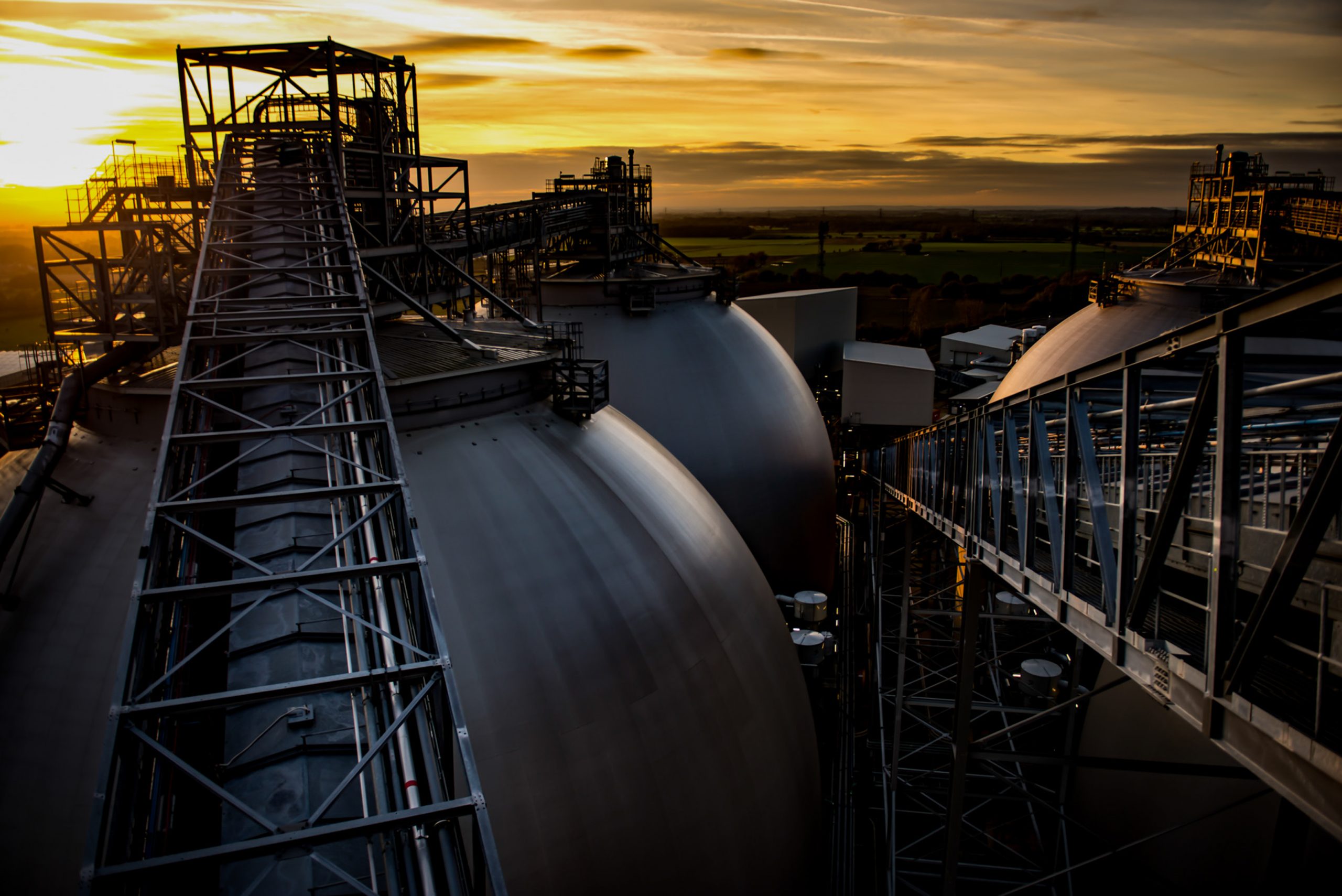
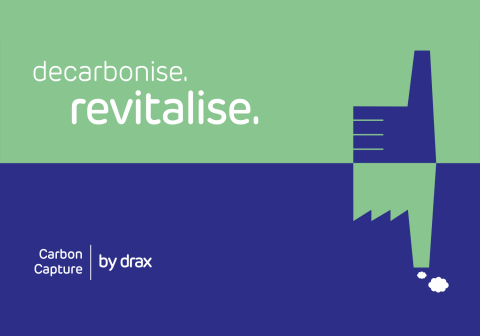 The company will be hosting a series of nationwide events throughout 2022 in partnership with the West & North Yorkshire and Hull & Humber Chambers of Commerce, as well as further events across the wider North, Midlands and South of England. These will enable Drax to identify a robust supply chain for BECCS, ensuring the project can be accelerated as soon as planning approval is received.
The company will be hosting a series of nationwide events throughout 2022 in partnership with the West & North Yorkshire and Hull & Humber Chambers of Commerce, as well as further events across the wider North, Midlands and South of England. These will enable Drax to identify a robust supply chain for BECCS, ensuring the project can be accelerated as soon as planning approval is received.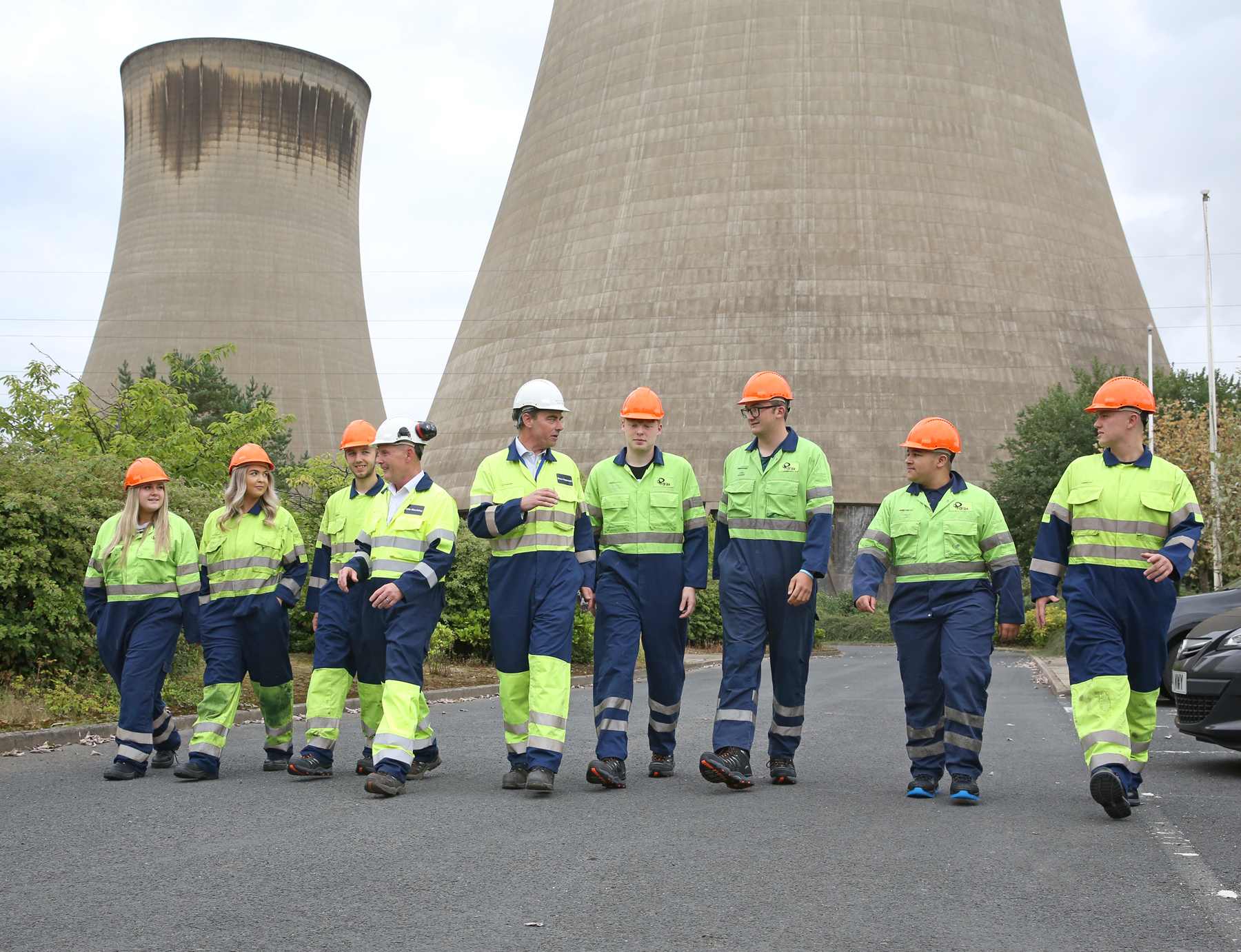
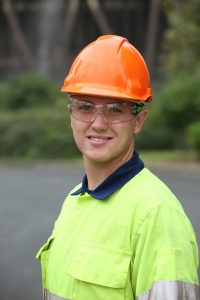
 Mechanical apprentice Poppy Johnson-Roberts, aged 18 from Cleethorpes, said:
Mechanical apprentice Poppy Johnson-Roberts, aged 18 from Cleethorpes, said: